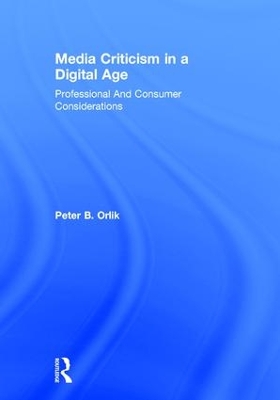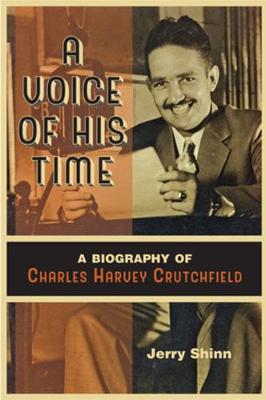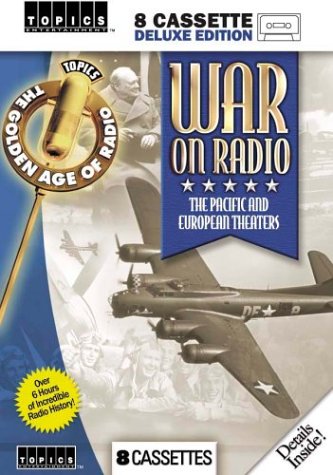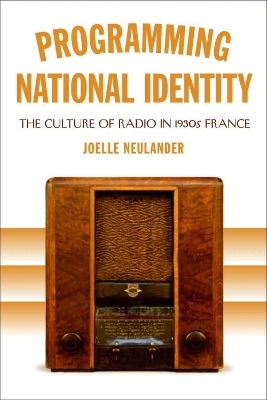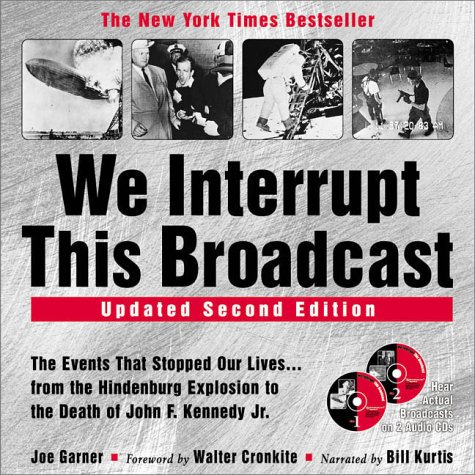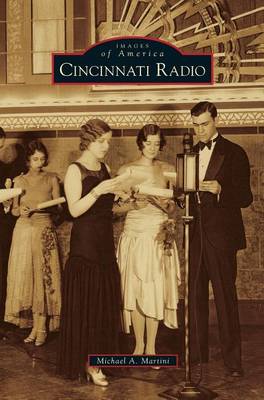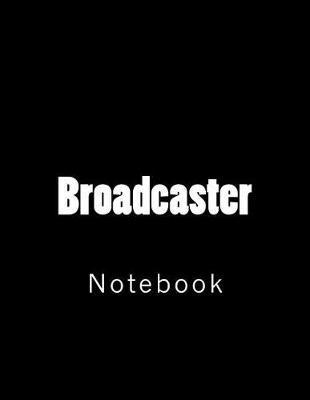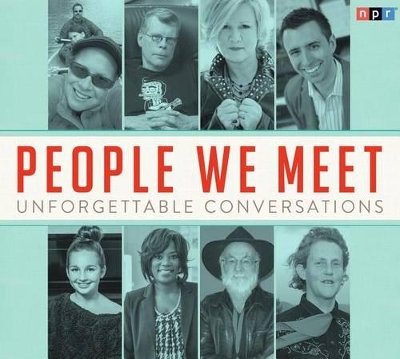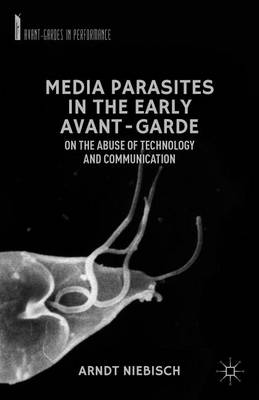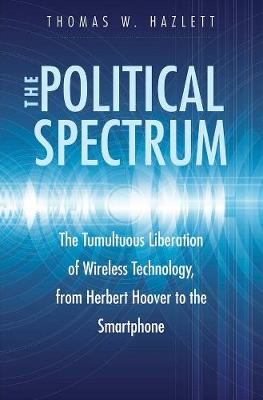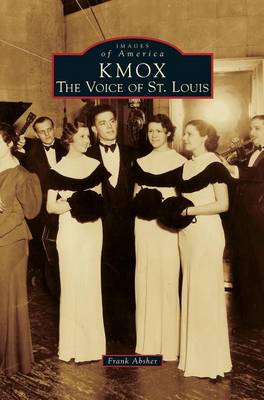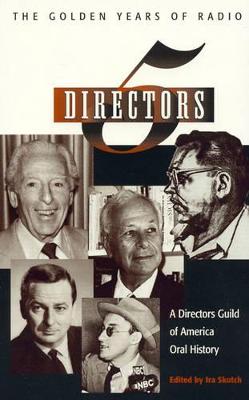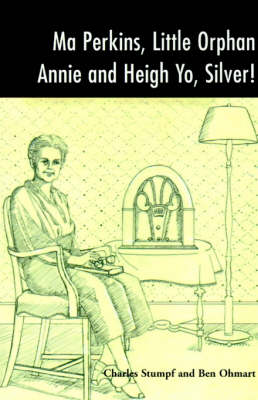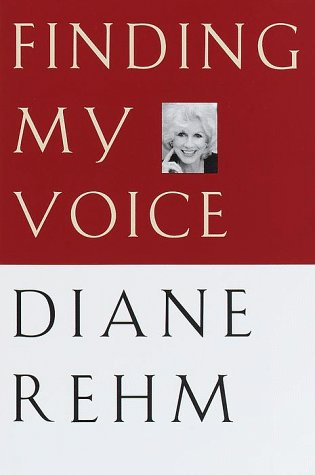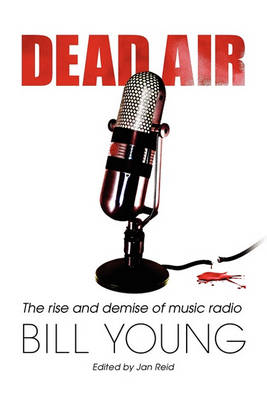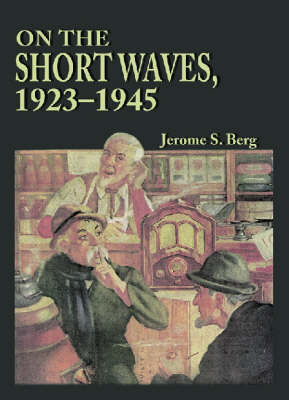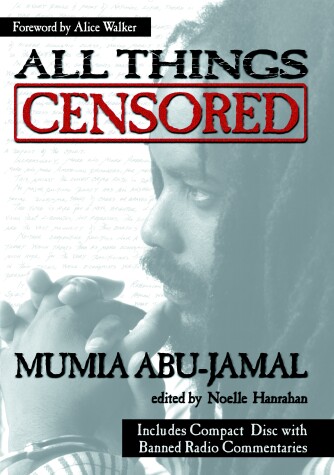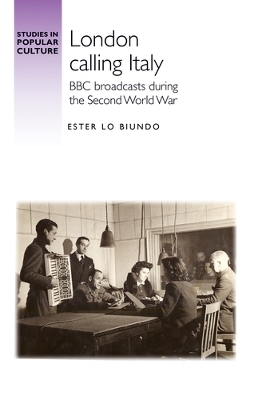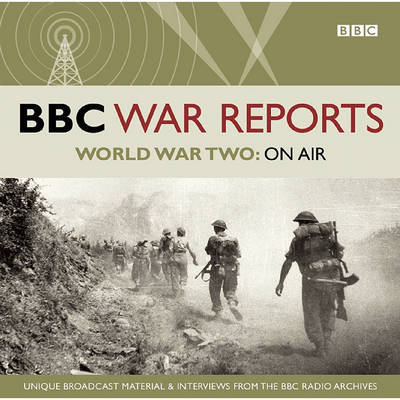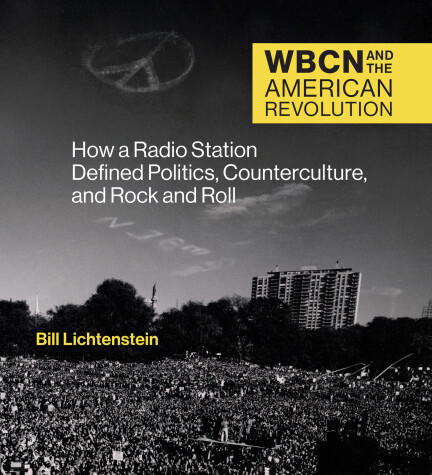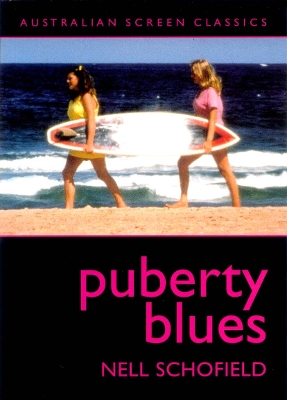Media Criticism in a Digital Age introduces readers to a variety of critical approaches to audio and video discourse on radio, television and the Internet. It is intended for those preparing for electronic media careers as well as for anyone seeking to enhance their media literacy. This book takes the unequivocal view that the material heard and seen over digital media is worthy of serious consideration. Media Criticism in a Digital Age applies key aesthetic, sociological, philosophical, psych...
Programming National Identity
Radio provided a new and powerful medium in 1930s France. Devoted audiences responded avidly to their stations' programming and relied on radio as a source of daily entertainment, news, and other information. Within the comfortable, secure space of the home, audio culture reigned supreme. In Programming National Identity, Joelle Neulander examines the rise of radio as a principal form of mass culture in interwar France, exploring the intricate relationship between radio, gender, and consumer cul...
Media Parasites in the Early Avant-Garde: On the Abuse of Technology and Communication
by Arndt Niebisch
From the former chief economist of the FCC, a remarkable history of the U.S. government's regulation of the airwaves Popular legend has it that before the Federal Radio Commission was established in 1927, the radio spectrum was in chaos, with broadcasting stations blasting powerful signals to drown out rivals. In this fascinating and entertaining history, Thomas Winslow Hazlett, a distinguished scholar in law and economics, debunks the idea that the U.S. government stepped in to impose necessa...
Five Directors collects the fascinating memories of some of radio's most vivid personalities: Himan Brown, Axel Gruenberg, Fletcher Markle, Arch Oboloer, and Robert Lewis Shayon. They explain in their own words their journey through radio broadcasting, how it affected their lives, and how they saw it affecting the consciousness of a country. Their histories are not just stories of success in early twentieth century America, but individual portraits of the roller coaster changes in lifestyle that...
Ma Perkins, Little Orphan Annie and Heigh Yo, Silver!
by Charles Stumpf and Ben Ohmart
This history of the early days of shortwave broadcasting provides a uniquely detailed look at a long-neglected area of radio. An examination of the development of shortwave is followed by an overview of the primary shortwave stations worldwide operating in the 1930s. The early equipment and the growth of long-distance listening is covered, as are the clubs, competitions, and more.
More than 75 essays—many freshly composed by Mumia with the cartridge of a ball-point pen, the only implement he is allowed in his death-row cell—embody the calm and powerful words of humanity spoken by a man on Death Row. Abu-Jamal writes on many different topics, including the ironies that abound within the U.S. prison system and the consequences of those ironies, and his own case. Mumia's composure, humor, and connection to the living world around him represents an irrefutable victory over th...
'London Calling Italy offers an expertly researched, thought-provoking analysis of BBC propaganda for Italy during the Second World War, exploring how programmes were put together and what listeners made of them. It will surely become the key work on this topic.' Simon Potter, Professor of Modern History at the University of BristolLondon calling Italy is a book about Radio Londra, as the BBC Italian Service was known in Italy, and the company’s development as a global leader in the broadcas...
Radio Canada International probes the policies of Canadian shortwave broadcasting -- the Canadian Broadcasting Corporation's International Service and Radio Canada International -- from 1945 to 1985 to determine mine why and how this voice of a middle power, broadcast to a world radio audience. Hall explains why Radio Canada International's shortwave service persisted despite the absence of documentable impact and despite challenges its legitimacy as the voice of Canada.
From Neville Chamberlain's historic declaration of war on Germany in 1939 to the sounds of rejoicing crowds on VJ Day in August 1945, the BBC - regarded at home and abroad as the very voice of Britain and the world's most trusted broadcaster - brought the full picture to an attentive nation. This unique chronicle of war has the same rawness and immediacy as when the recordings were first broadcast over 60 years ago. It is both a testament to the BBC War Correspondents and a rare document in hist...
How Boston radio station WBCN became the hub of the rock-and-roll, antiwar, psychedelic solar system. While San Francisco was celebrating a psychedelic Summer of Love in 1967, Boston stayed buttoned up and battened down. But that changed the following year, when a Harvard Law School graduate student named Ray Riepen founded a radio station that played music that young people, including the hundreds of thousands at Boston-area colleges, actually wanted to hear. WBCN-FM featured album cuts by suc...
